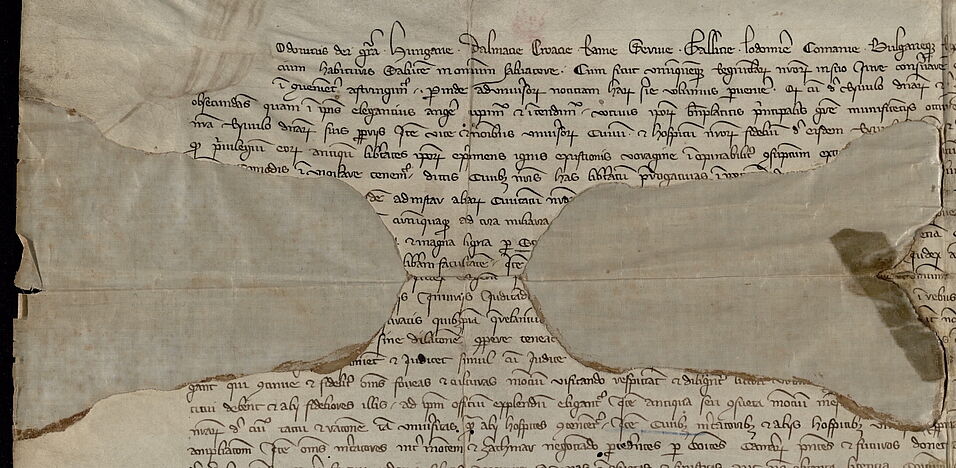Place: Zoom/University of Vienna, Kolingasse 14-16, R. 4.25
Time: 14:30-16:00 CET
All are welcome. Please sign up here to receive the Zoom link and supplementary reading. NB: This is a talk without pre-circulated paper, no preparation needed.
Mining towns formed a specific type of settlement in medieval and early modern Central Europe, including Hungary. Their defining feature was that they were granted privileges connected to exploiting metal ores found or suspected on their grounds. Mainly founded on the initiative of kings in the thirteenth and fourteenth centuries, they received privileges reified in their charters. Apart from mining privileges, these documents often refer to other economic privileges, including rights to exploit forest and water resources. Interestingly, while privileges pertaining to fishing are often detailed, other water-related rights and the rights to use forests are vague. Two problems will be the focus of the presentation. First, why do late medieval mining town privileges remain silent on many aspects of water and forest use? And second, how do rights to access forest and water resources in mining towns change from the sixteenth century onwards? To answer these questions, this paper will analyse town charters from late-medieval Hungary as well as administrative sources produced by the Hungarian Chamber, the Habsburg government, and the authorities of the mining town themselves.
András Vadas is an associate professor with tenure in medieval history at Eötvös Loránd University, Budapest. He holds a Ph.D. from the same institution (2015) and the Central European University (2020). He was awarded a Fulbright Postdoctoral Scholarship at Georgetown University (Washington DC) and Istvan Deak Visiting Associate Professor at Columbia (New York). He is the author or editor of about a dozen books in English and Hungarian on the environmental, urban, and economic history of premodern Central Europe. His first English-language monograph, The Environmental Legacy of War on the Hungarian-Ottoman Frontier, c. 1540-1690 was published in 2023 with Amsterdam University Press. His most recent book publication is A Global History of Hungary, which he co-edited with Ferencz Laczó and Bálint Varga (in Hungarian).

